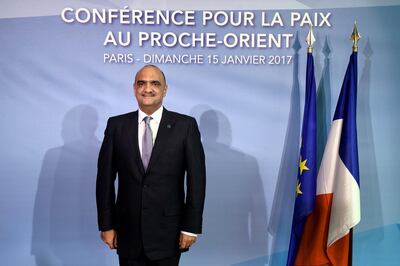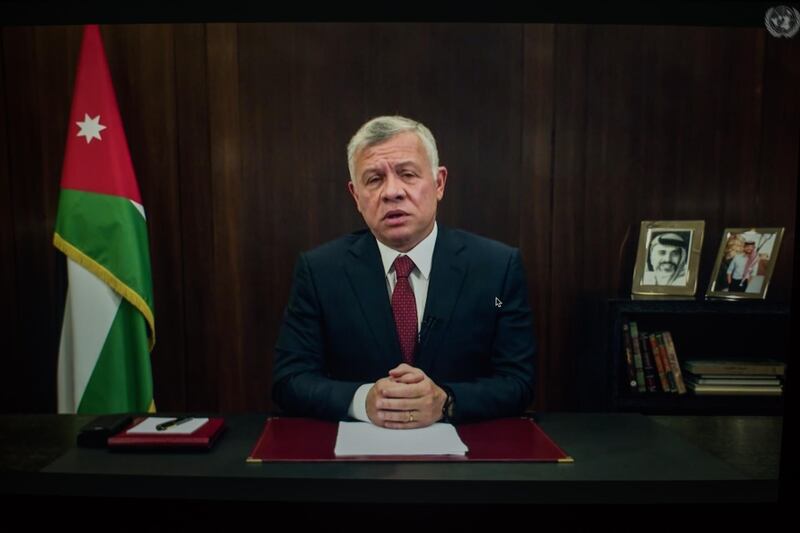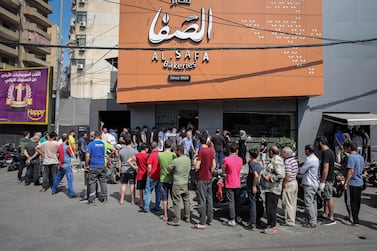Jordan's King Abdullah on Wednesday appointed veteran diplomat and palace aide Bisher Al Khasawneh as the country's new prime minister, days after accepting the resignation of Omar Al Razzaz, the royal palace said.
The monarch dissolved parliament on September 27 at the end of its four-year term, a move that under constitutional rules meant the government had to resign within a week.
In a letter of appointment, the monarch said he entrusted British educated Mr Khasawneh, who has been a palace adviser since last year after a career mostly spent as a diplomat and peace negotiator with Israel, to form a cabinet of qualified ministers who would rise to the country's challenges.

"The formation of this government comes at an exceptional time," the monarch said, referring to the fast spread of the coronavirus pandemic. He said the new government should boost capacity in the healthcare system amid medical fears it could collapse if community spread gets out of control.
Mr Khasawneh will oversee parliamentary elections due on November 10 whose outcome is expected under an electoral law that marginalises the opposition to maintain a majority of pro-government deputies.
The country is facing a peak in Covid-19 infections at a time of rising popular discontent over worsening economic conditions and curbs on public freedoms under emergency laws.
Jordan's economy is expected to shrink by 6 per cent this year as the country of 10 million grapples with its worst economic crisis in many years, with unemployment and poverty aggravated by the pandemic.
Unemployment hit a record 23 per cent in the second quarter, while poverty has deepened in a country whose aid-dependent economy was struggling before the crisis.
Departing prime minister Mr Al Razzaz, who was appointed in 2018 to defuse tensions over IMF austerity moves, has faced growing criticism of his handling of the pandemic and his failure to combat corruption.







